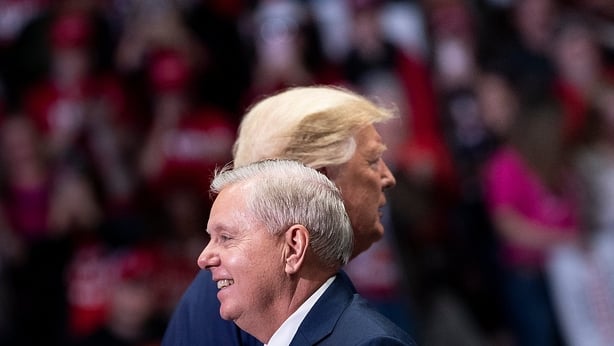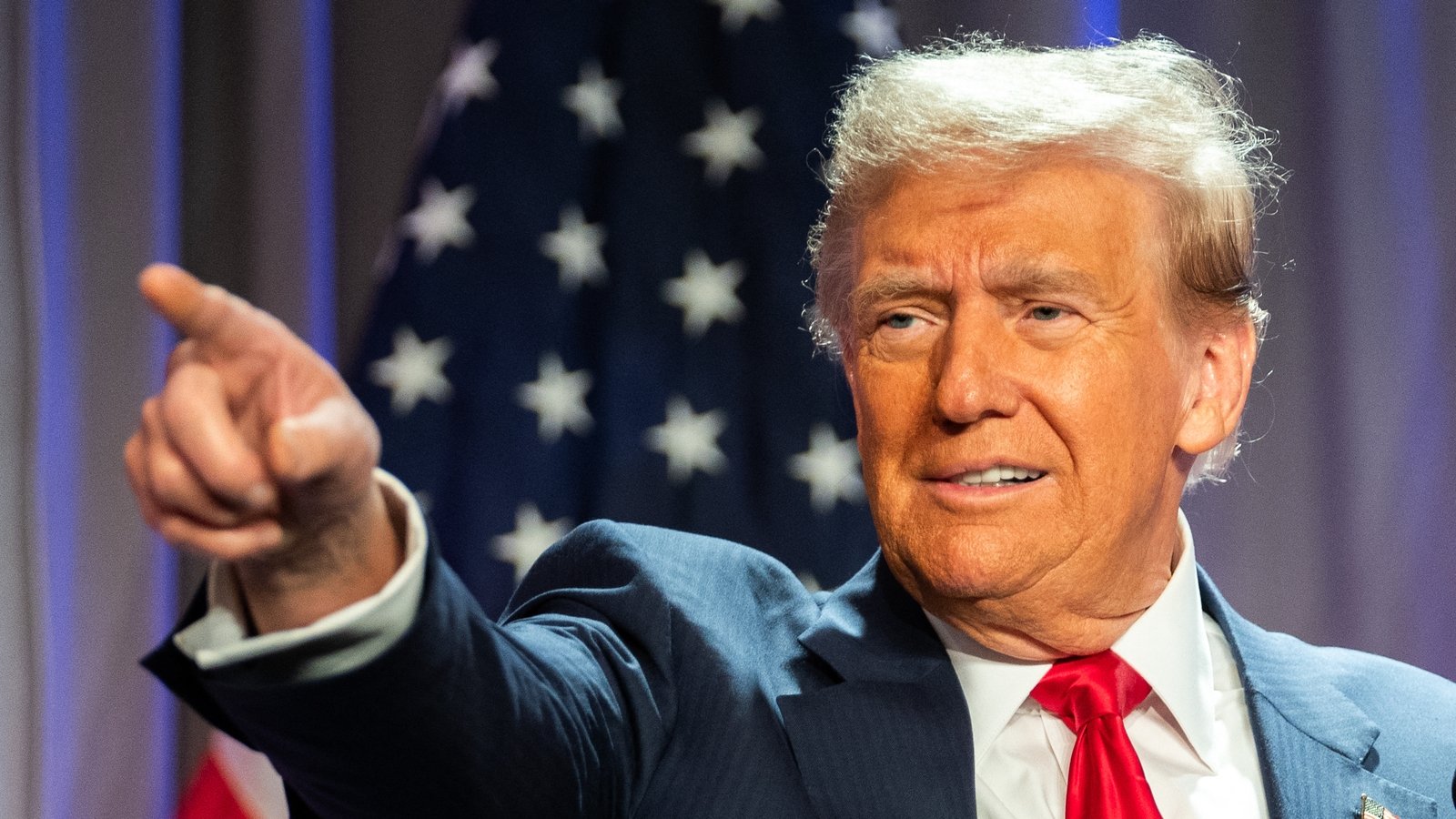Questions – and, for some, outrage – intensified over several of President-elect Donald Trump’s cabinet picks, as the United States awaits announcements for more major positions including head of the FBI and Treasury.
Mr Trump vowed to dismantle the liberal “deep state” he says is running the US government and is banking on his decisive victory – and triumph for Republicans in the Senate – to give him the political capital he needs to force through his nominees.
Mr Trump, 78, began shaping his team with a number of unremarkable selections, naming conservative Florida Senator and foreign policy hawk Marco Rubio for secretary of state.
But then came a quartet of nominations for leaders of sprawling federal departments in his new government who have little or no relevant experience, but a history of loyalty to the incoming president.
“Presidents are entitled to have the people that they want in these key positions to carry out the mandate that’s been delivered to him by the voters of the United States,” Mr Rubio said on Wednesday.
The most controversial nomination, far-right former congressman Matt Gaetz for Attorney General, was being investigated by the US Congress over allegations of sexual misconduct and illicit drug use until Wednesday.
Robert Kennedy Jr, a vaccine skeptic, will be the new health secretary if Mr Trump gets his way, while Tulsi Gabbard, a conspiracy theorist who has been accused of spreading Kremlin propaganda, will be director of national intelligence.
Rounding out the most divisive nominations, ex-Fox News anchor Pete Hegseth has been tapped to run the world’s most powerful military, having never managed a large organisation.
Read more: Trump’s cabinet: Who has been picked so far?
Mr Trump also nominated some of his personal attorneys to be top ranking Justice Department officials.
Mr Trump’s supporters believe his comfortable win over Democrat Kamala Harris last week gives him enormous latitude for an overhaul of the federal bureaucracy and sweeping cuts to government spending.
But the Senate confirmation process for all of his most controversial picks could be tumultuous.
The incoming president has demanded approval of at least some of his choices without full hearings, as “recess appointments” – his first loyalty test for what will almost certainly be a Senate with a 53 – 47 Republican edge.
Analysts say his choices demonstrate his determination to move quickly on his campaign promises to eliminate “woke” diversity and environmental policies from all aspects of federal government and private business.

“I do think that they are looking to essentially shock and overwhelm the system so that they can maximise what the system will tolerate,” Mr Trump biographer and New York Times journalist Maggie Haberman told CNN yesterday.
But he has yet to name leaders of several major departments and Wall Street remains on tenterhooks waiting for him to select his treasury secretary.
US Senator and occasional Trump supporter Lindsey Graham is pushing for fellow South Carolinian Scott Bessent for the prestigious role, but Trump transition co-chair Howard Lutnick is also said to be in the running.
Mr Trump promised to take on the FBI as part of his federal shake up and looks likely to fire director Christopher Wray and a host of other top officials.
Mr Trump appointed Mr Wray in 2017, but his Mar-a-Lago club in Florida was later raided by agents from the 35,000-employee agency seeking to recover classified documents.
He has since been a huge critic of Mr Wray’s leadership.
Former FBI agent and ex-congressman Mike Rogers – another staunch Trump loyalist – looks to be the favorite to replace Mr Wray after meeting the transition team at Mar-a-Lago.

